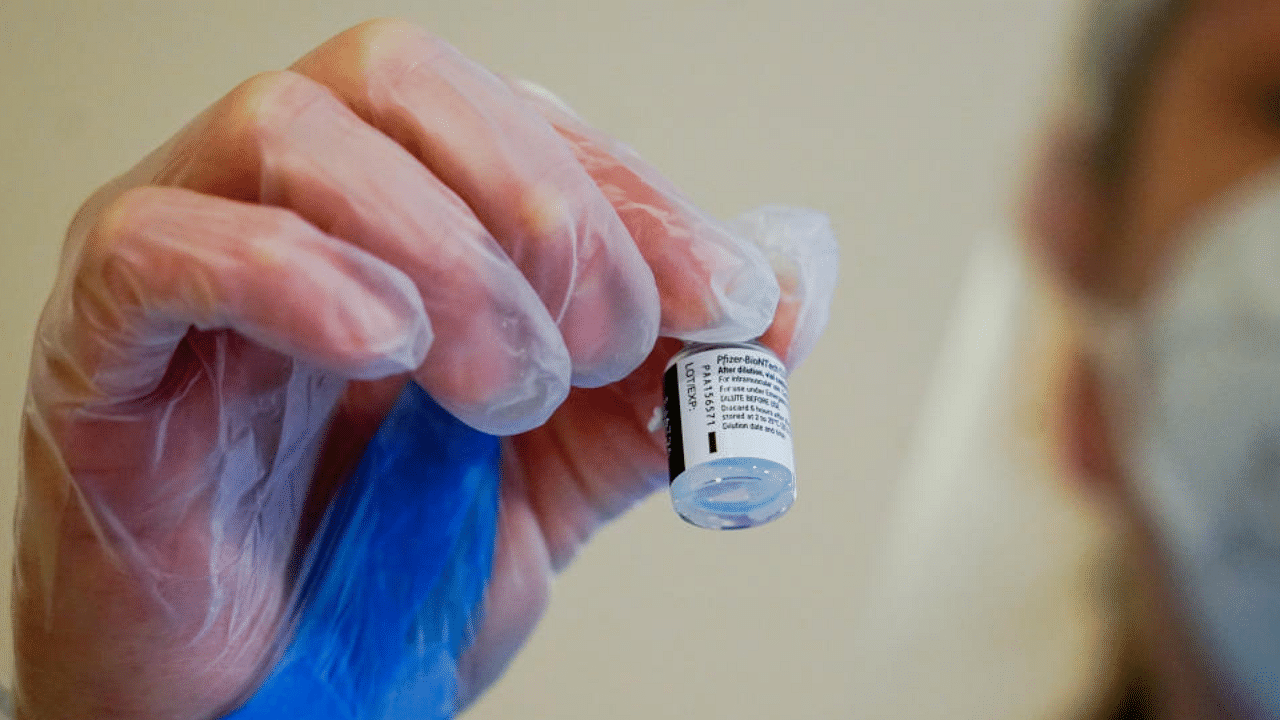
The European Union said Sunday that it would take legal action if necessary to ensure pharmaceutical companies fulfilled contracts to supply Covid-19 vaccines to the bloc, after announcements of delays in vaccine deliveries.
“We intend to enforce the contracts that were signed by the pharmaceutical companies” and will be “using all the legal means that are at our disposal,” said Charles Michel, president of the EU’s European Council. He was speaking on “Le grand rendez-vous,” a program that is a collaboration of Europe 1 radio, CNEWS channel and Les Echos news site.
On Jan. 15, Pfizer, which developed its vaccine with Germany’s BioNTech, said it would deliver fewer doses than expected to the 27 EU countries in late January and early February because it was taking its manufacturing plant in Puurs, Belgium, offline for upgrades to increase its production capacity.
In another blow to European vaccination efforts, AstraZeneca, which has developed a vaccine with the University of Oxford, is also delivering fewer doses than expected. The company said Friday that it still intended to get “tens of millions of doses” to the bloc’s 27 member states in February and March, but that the deliveries would “be lower than originally anticipated due to reduced yields at a manufacturing site within our European supply chain.” AstraZeneca noted that it would eventually ramp up production but did not provide a timeline.
Requests for comment from Pfizer and AstraZeneca were not immediately returned.
Michel said that he understood there were obstacles in setting up production lines, but he said that he would “fight hard to get clarity” on the reasoning behind the Pfizer delays.
“We reacted firmly, we banged our fists on the table, and in the end, announced delays of several weeks turned into a slowdown, not a delay, of deliveries,” he said.
Officials in countries including Canada and Italy have also grown frustrated over the announced delay. In Italy, officials said to local media Sunday the country would take legal action to ensure doses of the vaccine were secured, adding that reduced supplies would set the country’s vaccination program back by weeks.
Prime Minister Giuseppe Conte called the delays “unacceptable” Saturday on Facebook, adding that they were “serious contractual violations” that would cause “enormous damage” to Italy and other European countries.